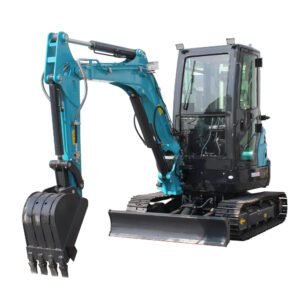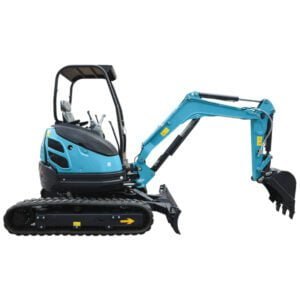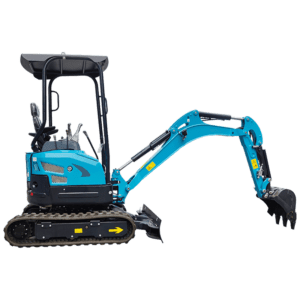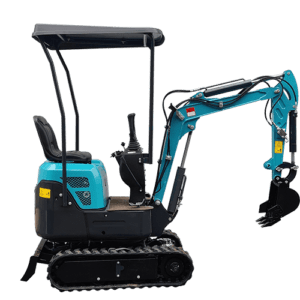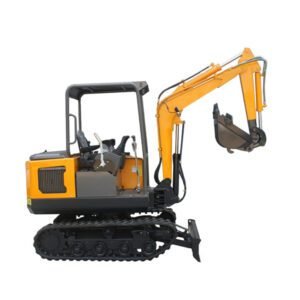Эл. адрес: [email protected] Вотсап: 8618266768780
Скорость экскаватора: факторы, влияющие на производительность
Добро пожаловать в мой блог!
Прежде чем мы погрузимся в контент, я бы хотел, чтобы вы присоединились ко мне на моих платформах социальных сетей, где я делюсь новыми идеями, взаимодействую с сообществом и публикую обновления. Вот как вы можете связаться со мной:
Фейсбук: https://www.facebook.com/profile.php?id=100072217509763
LinkedIn: https://www.linkedin.com/company/74949059/admin/dashboard/
Ютуб:www.youtube.com/@tractormanufacturer-lc5qz,www.youtube.com/@excavatormanufacturers-sn9hk
ТикТок: www.tiktok.com/@tractormanufacturer, www.tiktok.com/@excavatormanufacturers
Теперь давайте начнем наше путешествие вместе. Надеюсь, вы найдете здесь контент проницательным, интересным и ценным.
Введение
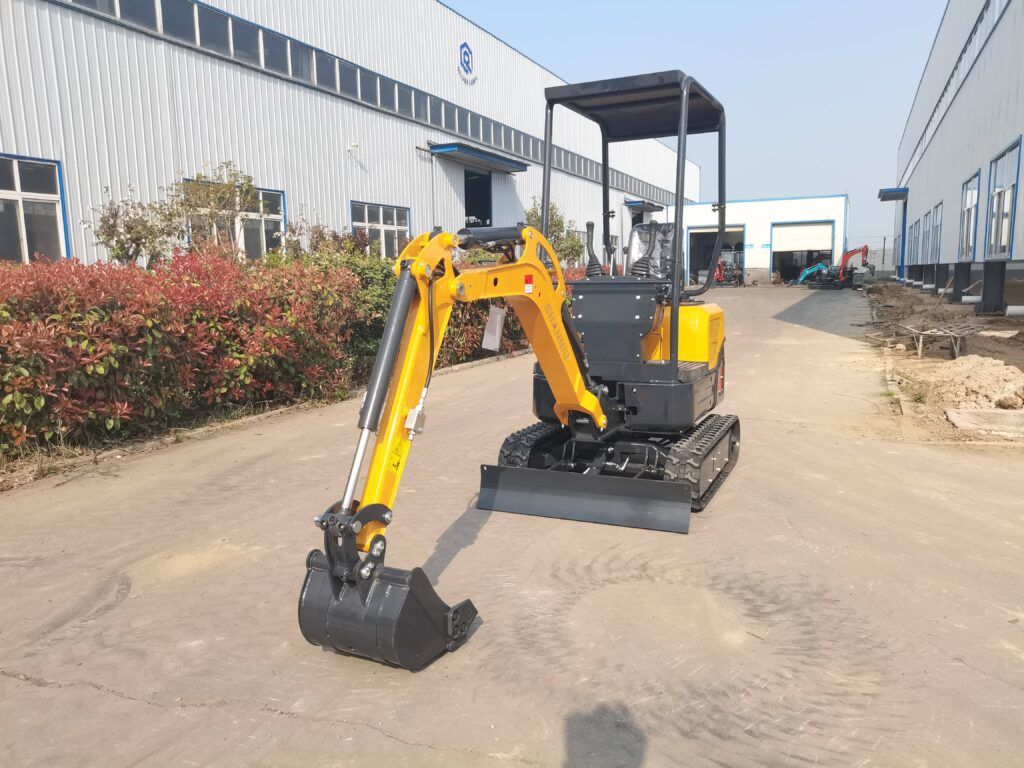
Понимание скорости экскаватора
Скорость экскаватора — критически важный показатель производительности, который напрямую влияет на производительность на строительных площадках. На него влияет сложное взаимодействие факторов, включая конструкцию машины, навыки оператора и особые требования к работе. В этой записи блога будут рассмотрены ключевые элементы, влияющие на скорость экскаватора, и предоставлены сведения о том, как оптимизировать производительность.
Факторы, влияющие Скорость экскаватора
Множество факторов, влияющих на скорость экскаватора
Скорость выполнения экскаватором своих задач определяется сложным взаимодействием множества факторов. От конструкции машины до внешних условий рабочей площадки – каждый элемент вносит свой вклад в общую производительность. Эти факторы можно в целом разделить на факторы, связанные с машиной, факторы, связанные с оператором, и факторы окружающей среды.
Раскрытие факторов, определяющих скорость экскаватора
Скорость экскаватора, критически важный показатель производительности строительства, зависит от ряда взаимосвязанных факторов. Эти факторы можно разделить на конструкцию машины, условия эксплуатации и воздействие окружающей среды. Понимание этих факторов крайне важно для оптимизации производительности экскаватора и максимального повышения производительности на строительных площадках.
Множество переменных, влияющих на производительность экскаватора
Скорость экскаватора — это не статическая величина, а динамическая переменная, на которую влияет множество факторов. Эти факторы можно разделить на три основные категории: конструкция машины, навыки оператора и условия на рабочей площадке. Разбираясь в этих категориях, мы можем глубже понять факторы, влияющие на скорость и эффективность работы экскаватора.
Эффективность гидравлической системы
Оптимизация эффективности гидравлической системы для максимальной производительности экскаватора
Гидравлическая система, жизненно важный элемент экскаватора, играет ключевую роль в определении общей производительности машины. Её эффективность определяется сложным взаимодействием факторов, включая конструкцию насоса, конфигурацию клапанов и свойства рабочей жидкости. Хорошо оптимизированная гидравлическая система обеспечивает минимальные потери энергии, быстрое время отклика и точное управление движениями экскаватора.
Влияние эффективности гидравлической системы на скорость экскаватора
Эффективность гидравлической системы экскаватора напрямую влияет на его рабочую скорость. Оптимально спроектированная и обслуживаемая гидравлическая система минимизирует падение давления, уменьшает внутренние утечки и обеспечивает эффективный поток жидкости. Эти факторы напрямую способствуют сокращению продолжительности рабочего цикла и повышению производительности.
Более глубокое изучение эффективности гидравлической системы
Эффективность гидравлической системы — критически важный фактор, влияющий на скорость экскаватора. Такие факторы, как рабочий объём насоса, конструкция золотника клапана и вязкость жидкости, влияют на способность системы преобразовывать гидравлическую энергию в механическую работу. Оптимизация этих факторов может привести к значительному повышению производительности экскаватора.
Конструкция ходовой части
Решающая роль конструкции ходовой части в производительности экскаватора
Ходовая часть экскаватора, о которой часто забывают, — важнейший компонент, напрямую влияющий на устойчивость, маневренность и общую производительность машины. Такие факторы, как тип гусениц, конфигурация катков и профиль контакта с грунтом, существенно влияют на способность экскаватора перемещаться по различным поверхностям и выдерживать сложные условия эксплуатации.
Оптимизация производительности экскаватора за счет конструкции ходовой части
Конструкция ходовой части — многогранный аспект экскаваторного машиностроения, существенно влияющий на скорость, устойчивость и долговечность машины. Тщательно учитывая такие факторы, как ширина гусениц, расстояние между катками и давление на грунт, производители могут адаптировать ходовую часть к конкретным условиям эксплуатации и задачам.
Глубокое погружение в конструкцию ходовой части
Ходовая часть экскаватора — это не просто опорная конструкция; это точно настроенная система, позволяющая машине эффективно выполнять свои задачи. Конструкция ходовой части, включая такие компоненты, как гусеницы, катки и звёздочки, напрямую влияет на такие показатели, как тяга, дорожный просвет и радиус поворота.
Выбор рабочего инструмента
Адаптация рабочих инструментов к поставленной задаче
Выбор рабочего инструмента для экскаватора — важнейшее решение, существенно влияющее на его производительность и эффективность. При выборе рабочего инструмента необходимо тщательно учитывать такие факторы, как извлекаемый материал, желаемый результат и условия работы. Доступен широкий ассортимент навесного оборудования, каждое из которых разработано для оптимизации производительности в конкретных условиях эксплуатации.
Влияние выбора рабочего инструмента на производительность экскаватора
Выбор рабочего инструмента — основополагающий аспект работы экскаватора. Правильно подобранный рабочий инструмент может значительно повысить производительность, снизить эксплуатационные расходы и повысить общую эффективность машины. Выбор навесного оборудования, будь то ковши или гидромолоты, зависит от таких факторов, как обрабатываемый материал, требуемое усилие и требуемый уровень точности.
Подбор правильного инструмента для работы
Разнообразие рабочих инструментов, доступных для экскаваторов, подчёркивает их универсальность. Однако для оптимальной производительности важно выбрать инструмент, подходящий для конкретной задачи. Такие факторы, как плотность материала, требуемая глубина выемки и желаемый результат, играют важную роль при выборе инструмента.
Навыки оператора
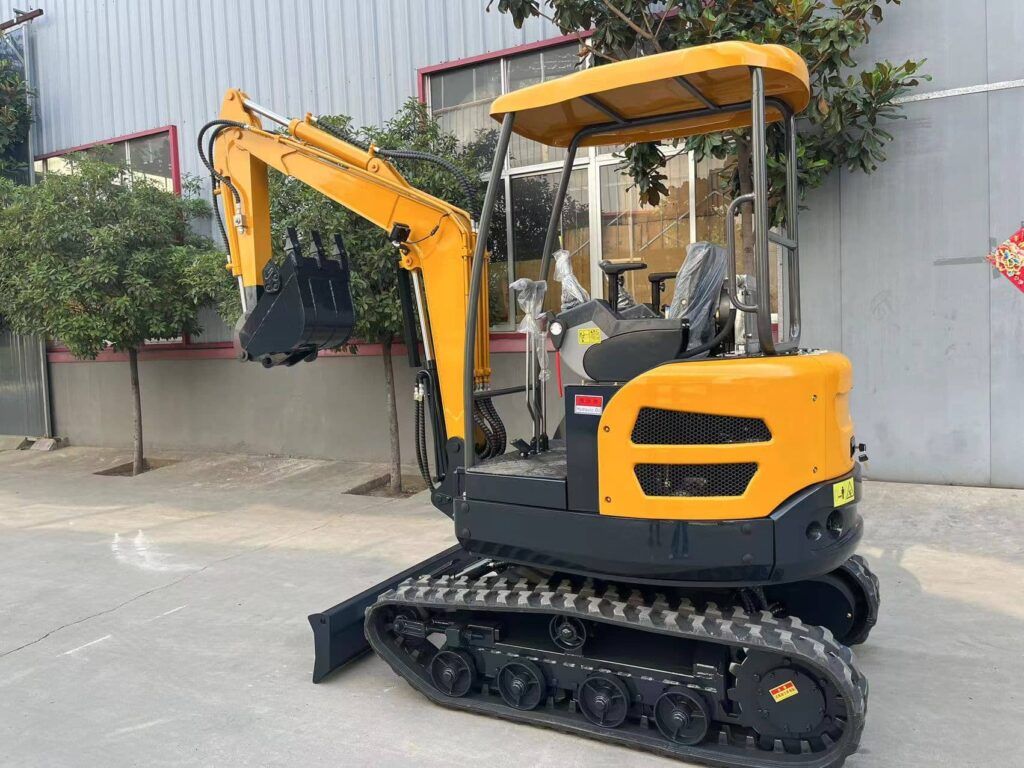
Человеческий фактор: влияние навыков оператора
Хотя сама машина играет решающую роль в производительности земляных работ, навыки и опыт оператора не менее важны. Квалифицированный оператор может максимально раскрыть потенциал даже самой простой машины, в то время как новичок может быстро снизить эффективность даже высокопроизводительного экскаватора. Такие факторы, как опыт, обучение и понимание принципов работы машины, влияют на мастерство оператора.
За пределами машины: важность профессионализма оператора
Оператор является связующим звеном между машиной и выполняемой задачей. Уровень его квалификации напрямую влияет на производительность, безопасность и общую эффективность экскаватора. Такие факторы, как знание органов управления машиной, понимание грунтовых условий и умение планировать последовательность работ, способствуют профессионализму оператора.
Человеческий элемент в раскопках
Человеческий фактор — критически важный компонент работы экскаватора. Квалифицированный оператор может тонко настроить управление машиной, что может значительно повысить производительность. Такие факторы, как координация движений, пространственное восприятие и способность решать задачи, способствуют мастерству оператора.
Улучшение Скорость экскаватора
- Регулярное техническое обслуживание: Хорошо обслуживаемый экскаватор будет работать более эффективно и надежно.
- Качество гидравлической жидкости: Использование высококачественной гидравлической жидкости и соблюдение рекомендуемых интервалов обслуживания могут предотвратить проблемы с производительностью.
- Обучение операторов: Регулярное обучение операторов позволяет повысить их навыки и безопасность.
- Сопоставление машины и задачи: Выбор правильного экскаватора для конкретной задачи имеет решающее значение. Использование слишком больших или слишком маленьких машин может привести к снижению производительности.
Вывод
Скорость экскаватора — сложная тема, зависящая от множества переменных. Понимая факторы, влияющие на скорость, и внедряя стратегии оптимизации производительности, подрядчики могут повысить производительность и сократить расходы. Регулярное техническое обслуживание, обучение операторов и правильный выбор оборудования имеют решающее значение для максимальной эффективности экскаватора.
Вопросы-Ответы
- Какой самый быстрый? экскаватор в мире?
На этот вопрос нет однозначного ответа, поскольку скорость может варьироваться в зависимости от конкретной задачи и условий. Однако некоторые высокопроизводительные экскаваторы разработаны для скорости и эффективности. - Как увеличить скорость экскаватора?
На скорость экскаватора может влиять ряд факторов, включая мощность двигателя, эффективность гидравлической системы и квалификацию оператора. Для повышения скорости рекомендуется модернизировать двигатель, оптимизировать гидравлическую систему и провести дополнительное обучение операторов. - В чем разница между скоростью копания и скоростью передвижения?
Скорость копания — это скорость, с которой экскаватор может копать и загружать материал, а скорость передвижения — это скорость, с которой экскаватор может перемещаться из одного места в другое.
О нас
Shandong Qilu Industrial Co., Ltd. является профессиональным производителем и экспортером, занимающимся разработкой и производством экскаваторов, погрузчиков и тракторов. Мы предоставляем лучший сервис, абсолютно.
Недавние Посты
Видео демонстрация
-1.png)
Свяжитесь с нами сегодня!
Любой вопрос, цитата или запрос? Нажмите кнопку, чтобы отправить сообщение.
Qilu Industrial всегда придет на помощь.

